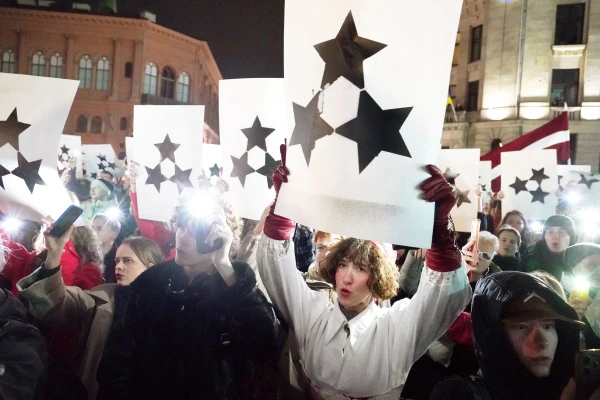
This interesting question is raised by Ukrainian journalist Alexey Zarichansky living among us on the LSM+ portal.
Can third-country nationals living in Latvia participate in protest events on 'local' issues? For example, in a mass rally against withdrawing from the Istanbul Convention? Or not? Here I am, a citizen of a third country, facing such a dilemma. A legal and human one. And judging by the discussions among Ukrainian refugees in Latvia, I am not alone.
I should clarify right away: this is not a discussion or analysis of the events and society's reaction to the attempts of several opposition and one coalition party in the Latvian Saeima to withdraw from the Council of Europe Convention on preventing and combating violence against women and domestic violence. And to set the record straight: I personally fully support all the standards laid out in it to ensure women's right to freedom from violence.
When rallies in support of the Istanbul Convention were planned near the Saeima on October 28 and especially in Dome Square on November 6, many groups in various social media and messenger chats saw emotional calls, including to Ukrainian citizens — 'join us!'. This sparked a lively, shall we say, discussion — do we have the right to participate in them, and could there be any consequences for us if 'something goes wrong'?
I will provide a few quotes (I will not disclose the nicknames of the debaters publicly; screenshots have been provided to the LSM+ editorial team) from the discussion. Here are some dialogues (I selected the most appropriate ones):
"In my opinion — they can, but only if they are sufficiently integrated (not living on benefits), know the language well, and are as polite as possible. They should not participate in forceful protests."
"Personally, I believe that Ukrainians with temporary protection should not interfere in the political life of another country until they obtain permanent residence and learn the language, at the very least. Otherwise, it seems that when there is a Maidan and decommunization in Ukraine, we say 'we will sort it out ourselves, [don’t interfere with us]', but when [we find ourselves] in other places, [we think] why not."
"If you do not have a passport of this country and cannot participate in elections, then you should not interfere in the internal processes of the country that do not concern you. Having a temporary or permanent residence permit does not give you special rights to do so — today you have it, tomorrow you don’t."
"What do Ukrainians have to do with it? Let Latvians protest in Latvia; Ukrainians can go to Ukraine and protest there. You are creating problems for people out of nowhere, using them for no reason."
"I have a Ukrainian passport, and I bear exactly the same moral responsibility for other people with Ukrainian passports. You are here as a guest, and no one will be happy to see you with a sign in your hands."
According to Article 103 of the Constitution of Latvia: "The state protects the freedom of peaceful assemblies, street marches, and pickets that are announced in advance." There are no restrictions for participation in them for everyone who is legally in the country. The action must be peaceful and not disrupt public order, and participants must comply with Latvian laws and the requirements of the organizers.
Believe me, every refugee knows that there is the letter of the law, and their legal status is based on the legislative and humanitarian foundations of the host country. At the same time, everyone intuitively understands that their participation in local political battles should be a well-considered step, with answers to the questions "am I being used, and if so, by whom and for what purpose?" and how it will be perceived by local residents. Here is a specific case with the Istanbul Convention: this is an important universal issue, but at the moment in Latvia, it has obviously become political. Although I do not rule out that some Ukrainians participated in the actions.
Maria from Kharkiv, now a doctor in one of the Riga clinics, with an active life position, after long hesitation decided not to go to the rally in Dome Square: "I decided for myself, and the situation with the convention pushed me to this decision — we need to be together with Latvians at events that emphasize our unity and solidarity.
On November 18, it will be the Day of the Proclamation of the Latvian Republic; I will definitely go with my friend to the Freedom Monument to be together with everyone."
Tatiana, her friend, listened to our conversation and half-jokingly, half-seriously added: "We don’t need to be labeled as troublemakers and then used for some unclear political purposes.
They might add something with the help of AI, and then you’ll have to prove that nothing of the sort happened!"
Maria and Tatiana gratefully recall how hundreds of Latvians together with Ukrainians have been coming to the Freedom Monument in Riga on February 24 for three years for a rally in support of Ukraine and condemnation of Russia's aggression. "Such support is very much needed. So far, nothing is changing, there is no peace, and none is in sight... Probably, we will gather again next year at the end of February," Tatiana sighs.
Unfortunately, public opinion in many European countries shows fatigue from the problems of Ukrainian refugees. This perception is influenced by many factors — from economic to social, and some politicians successfully manipulate this to boost their ratings.
And in Latvia, as noted in an interview with LR4 by a representative of the Latvian office of the UN High Commissioner for Refugees, Dace Meilija, there is a "polarization of public attitudes towards refugees."
In the Latvian language, there is an expression — Viesis pie galda savu kārtību neievieš, "a guest does not impose their order at the table." And we are guests.

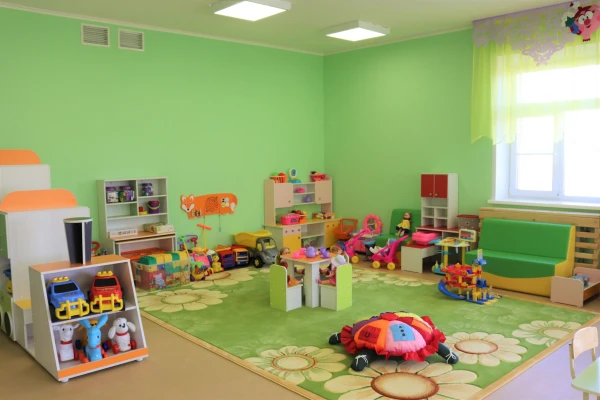
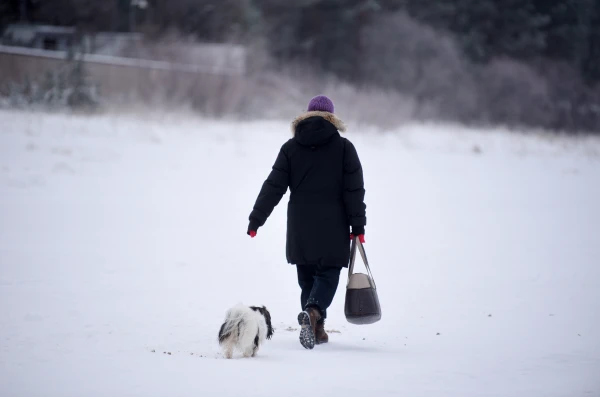
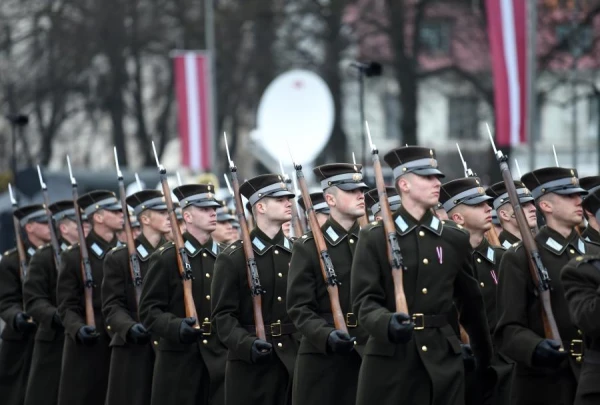

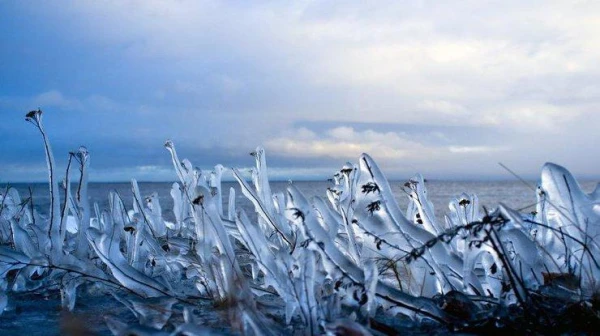
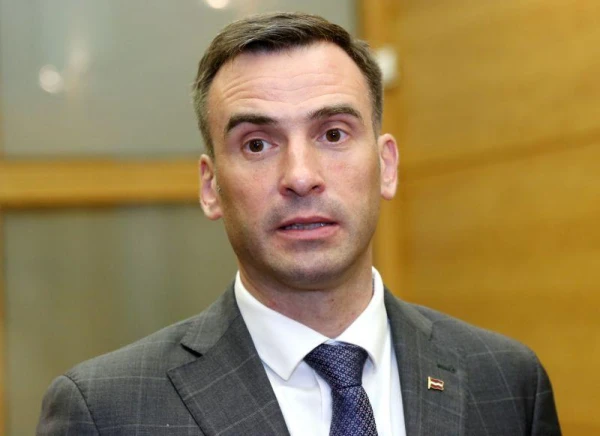
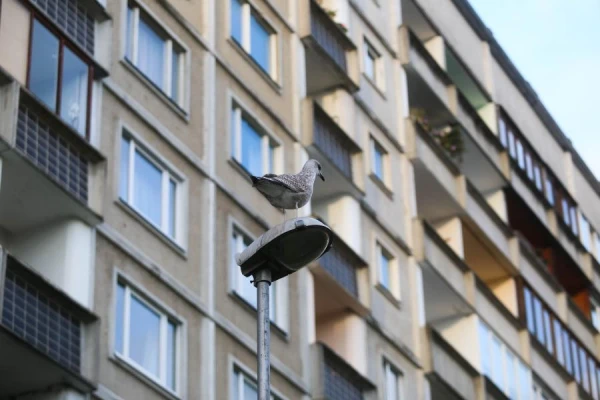
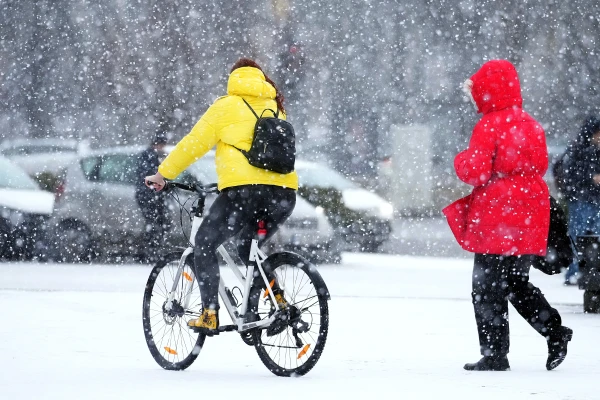

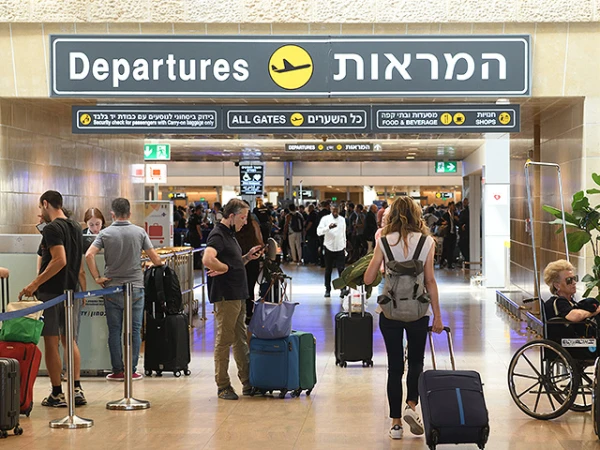

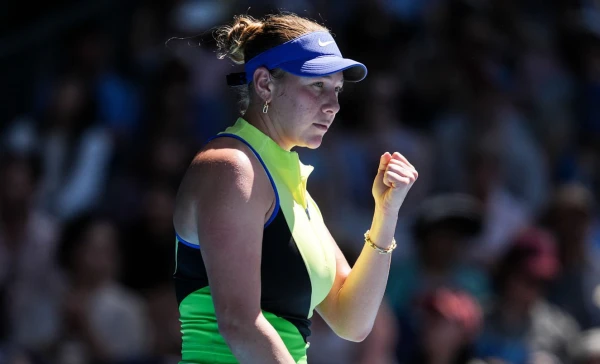

Leave a comment